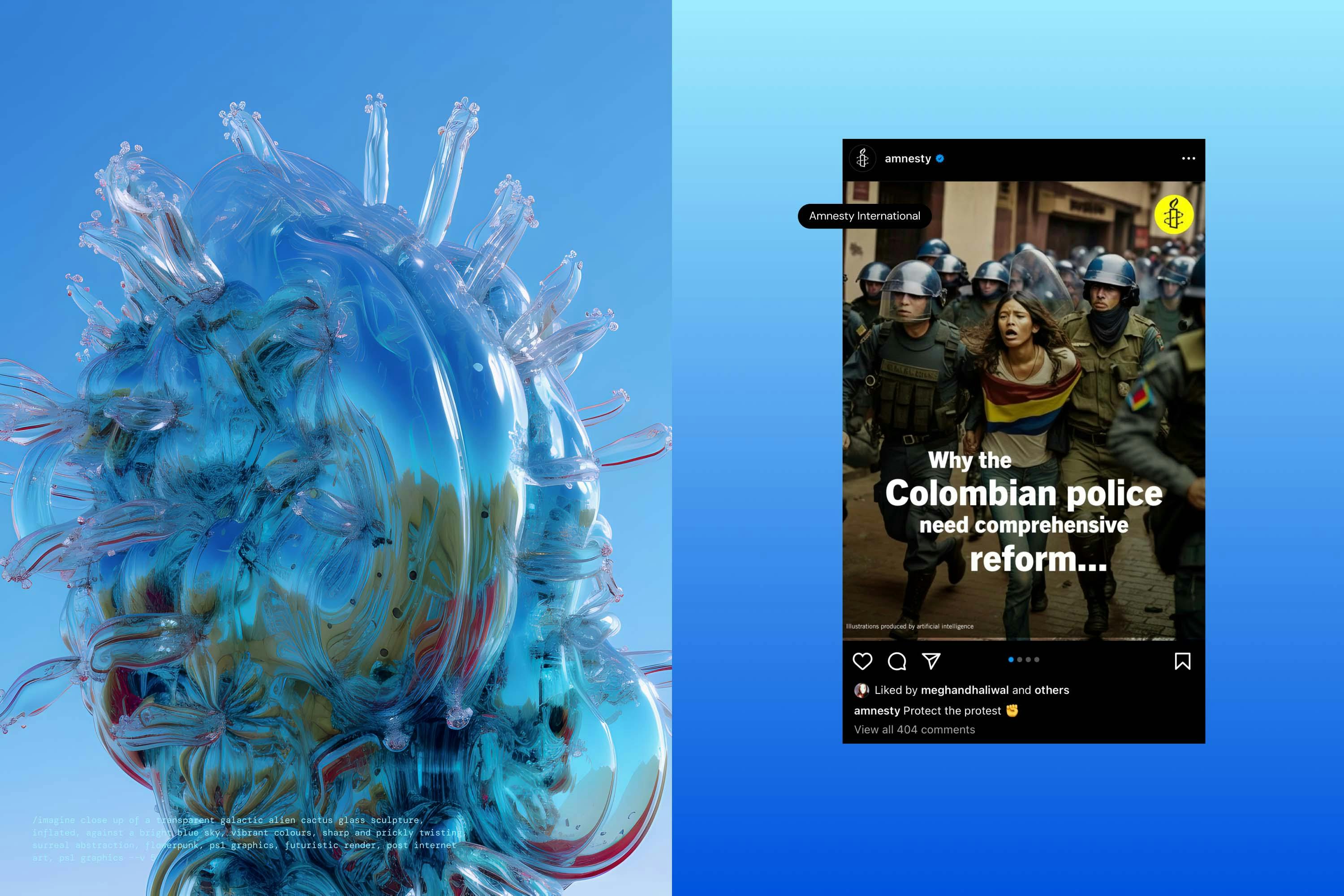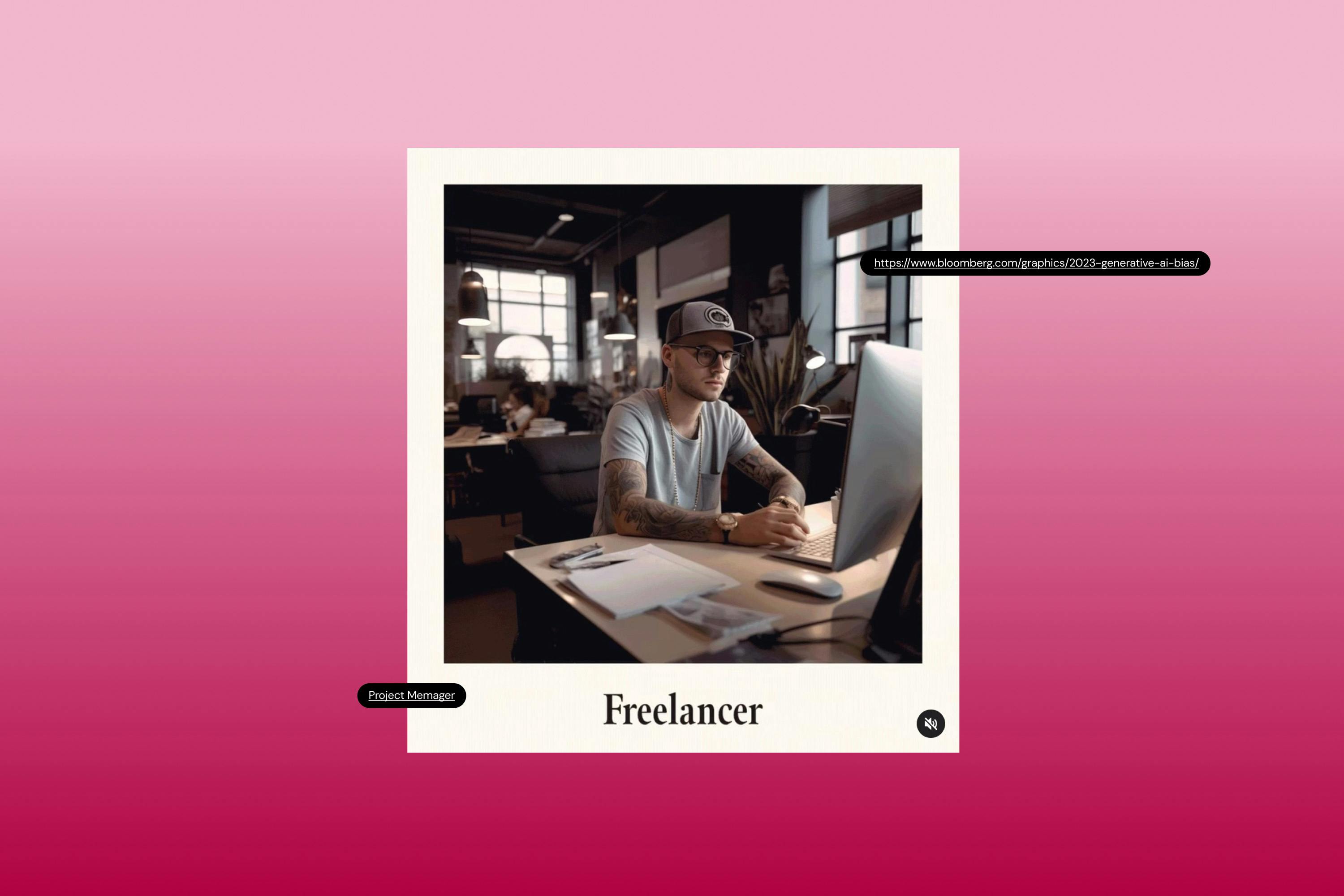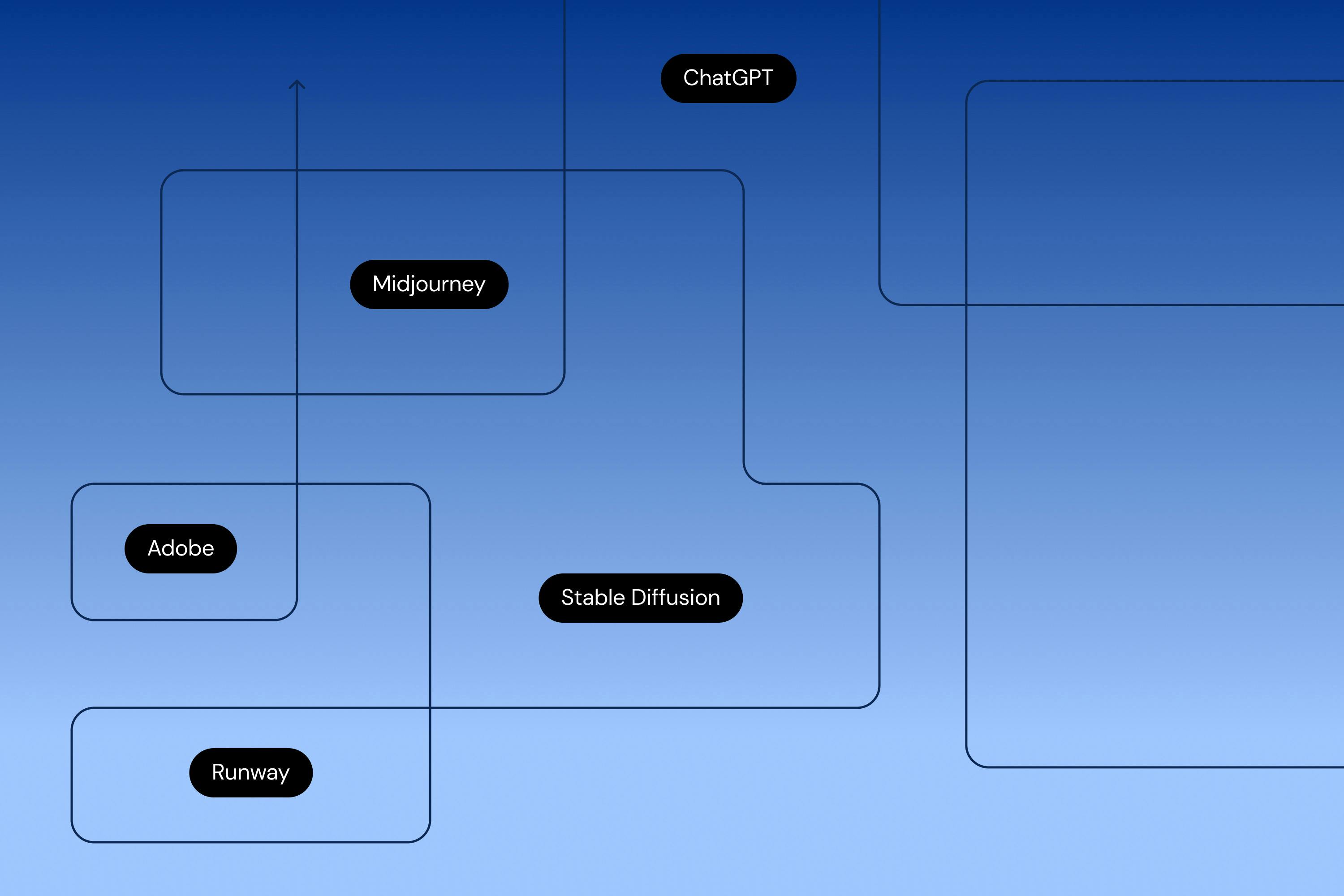At Re, as at many studios, the way we work is evolving rapidly as tools like Midjourney, ChatGPT and Stable Diffusion become part of our creative process. Almost every day, practical questions are emerging about ways we could use AI, as well as ways we’d like to avoid. So, in discussion with our worldwide teams, we set out to create principles to guide our day-to-day work with clients.
We’re proud to share version 1.0 of our studio’s approach to integrating AI into our practice. Our plan is to continually update these principles as society and technology advance, and our own understanding grows. If you’d like to comment or feedback, you can access the figma file here.






